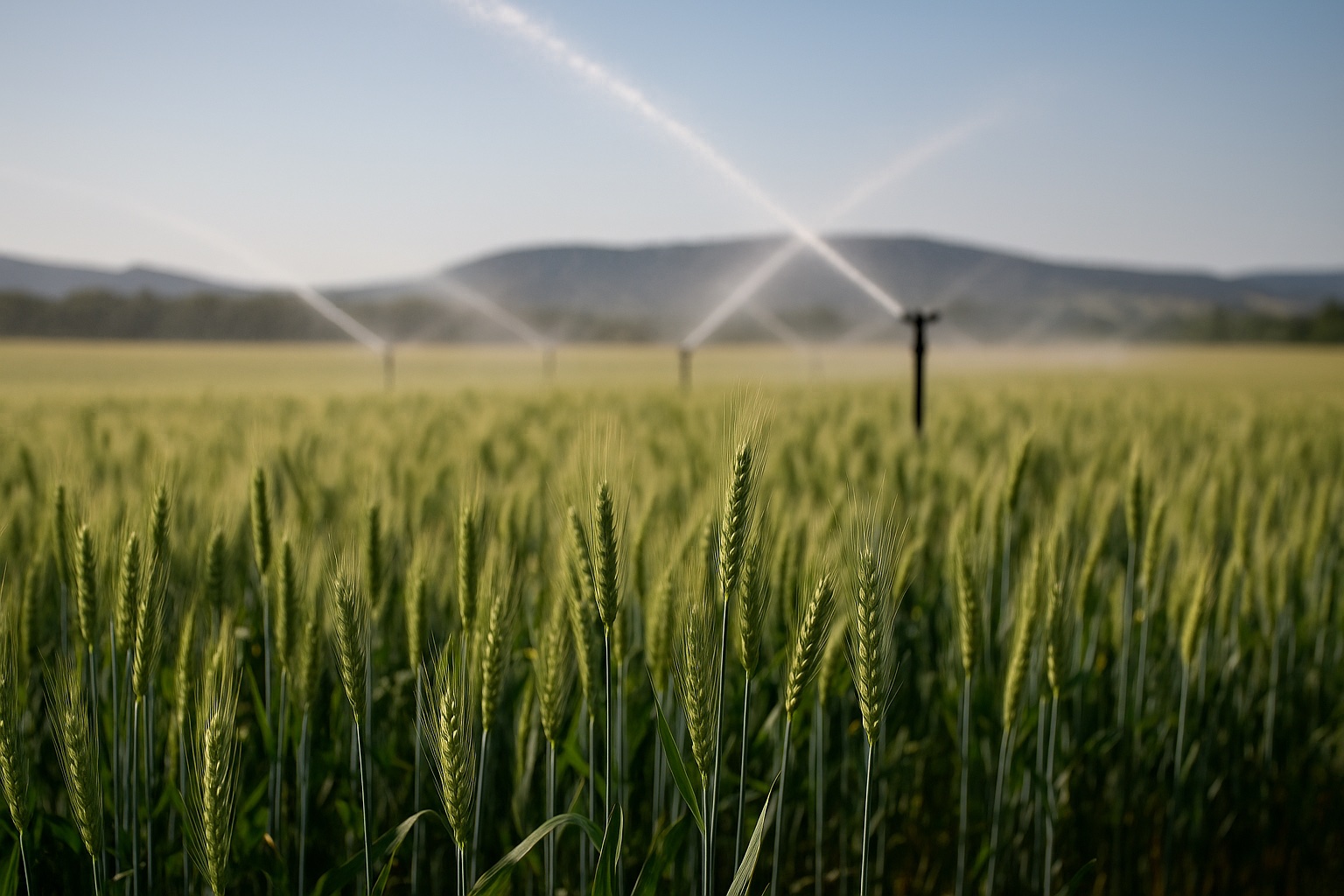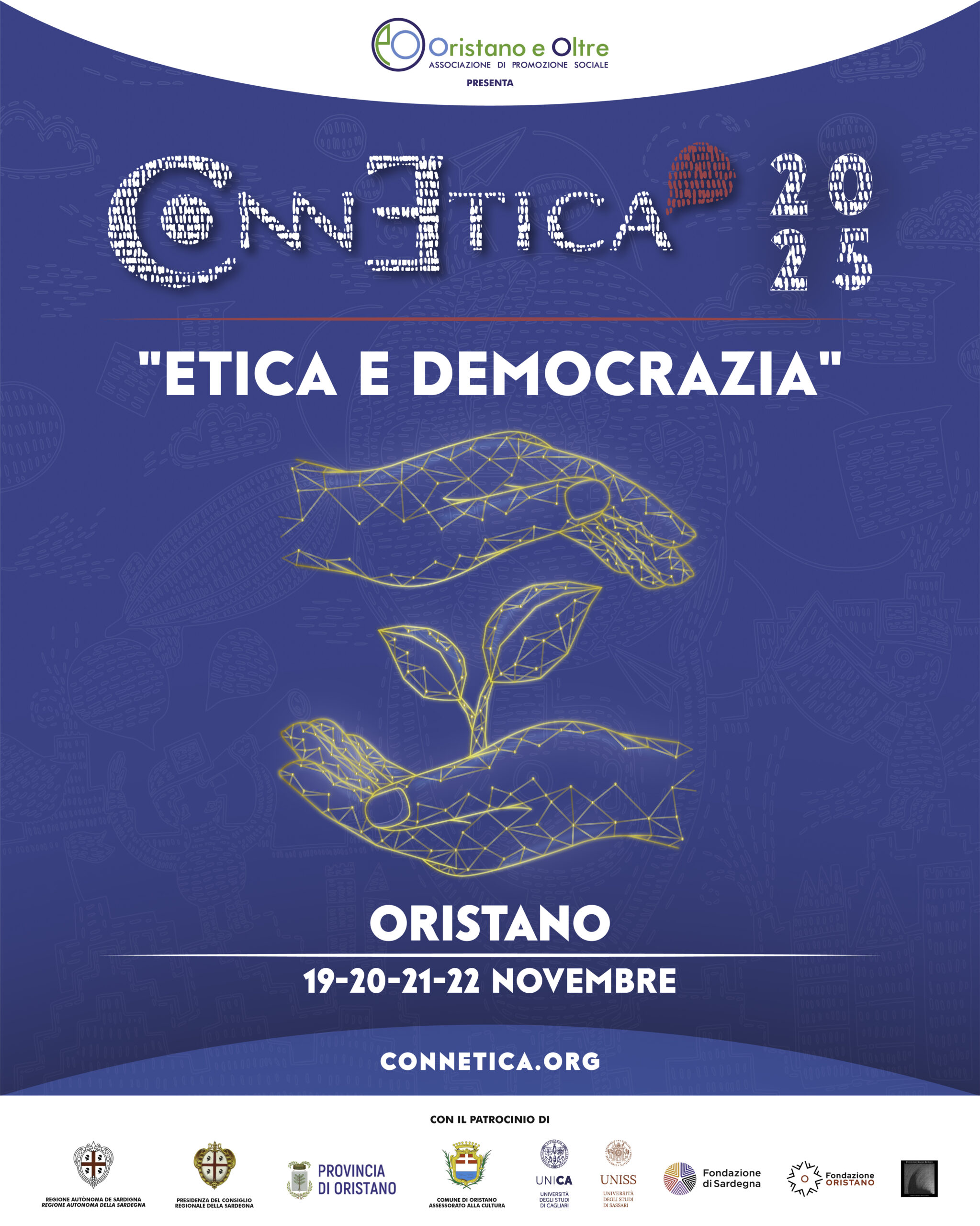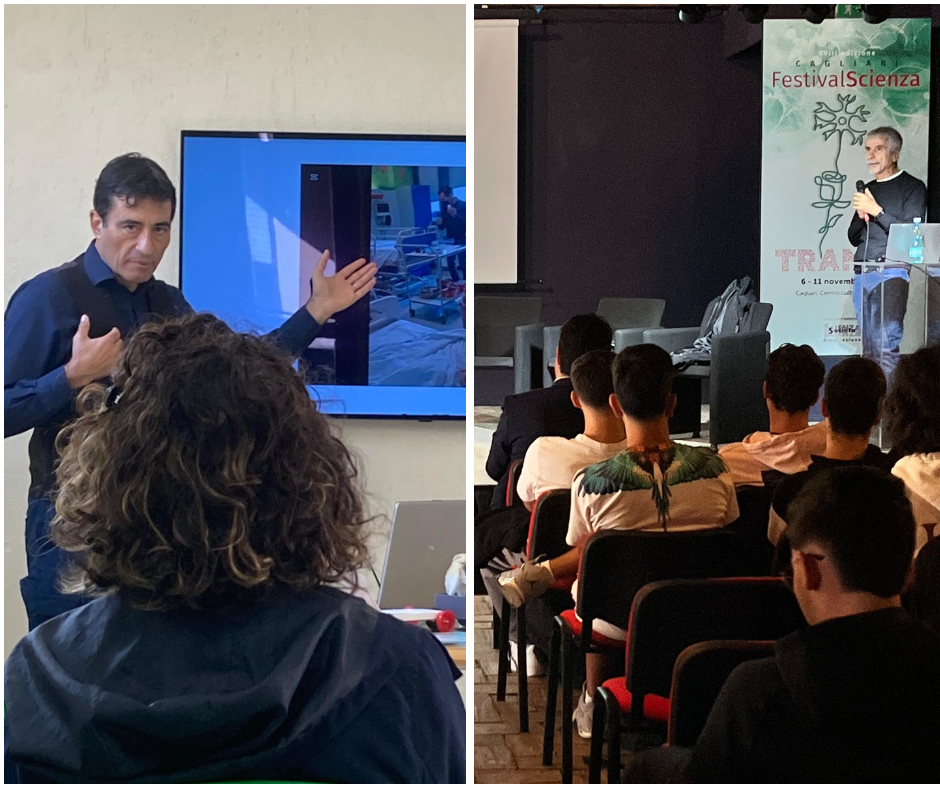The Istituto di Ricerca Genetica e Biomedica (CNR-IRGB) and the Centro di Ricerca, Sviluppo e Studi Superiori in Sardegna (CRS4) are organizing a Summer School on Next Generation Sequencing and Genome Wide Association Studies from 5 – 9 September 2011.
The Sardinian population has long been of wide interest for human geneticists. Studies have examined and clarified the molecular bases of monogenic diseases including Thalassemia and Wilson disease and, more recently, genetic factors associated with common complex traits and diseases.
Sardinia’s population has been reasonably large-sized during its history (since its foundation during the last Ice Age). There is considerable evidence that a relevant part of Pre-Neolithic genetic variation has been retained with a lack of large-scale gene inflow from non-native populations: therefore Sardinia represents a unique site for comprehensive large sequencing efforts to detect genetic variation that is relevant to all human populations and to assess its influence on common complex traits and diseases.
The aim of this Summer School in Genomics is to cover state-of-the-art theory and practice of the approaches to the identification of the genetic bases of human diseases emphasizing the unique advantages of the Sardinian founder population.
Course Scientific Directors: Francesco Cucca, Marcella Devoto, Maria Teresa Landi
Location: Polaris Technology Park – Pula (CA), Italy. The Polaris Technology Park is located 40 km from Cagliari.

